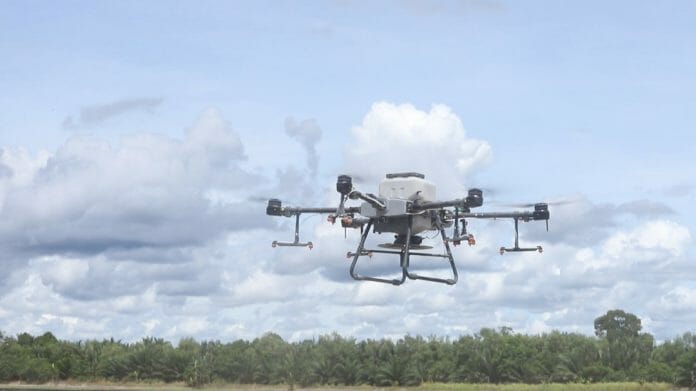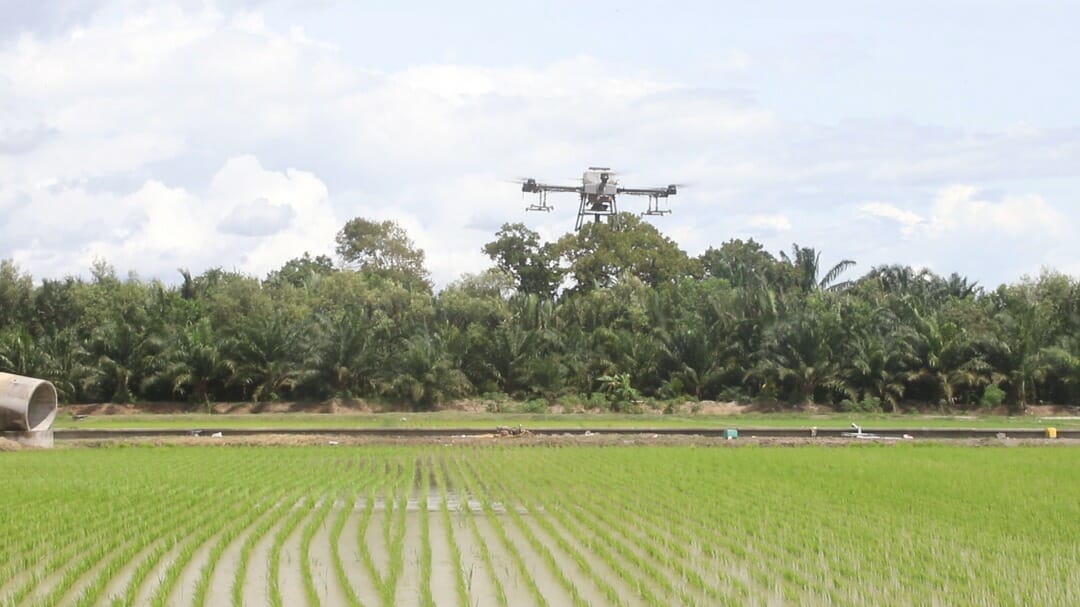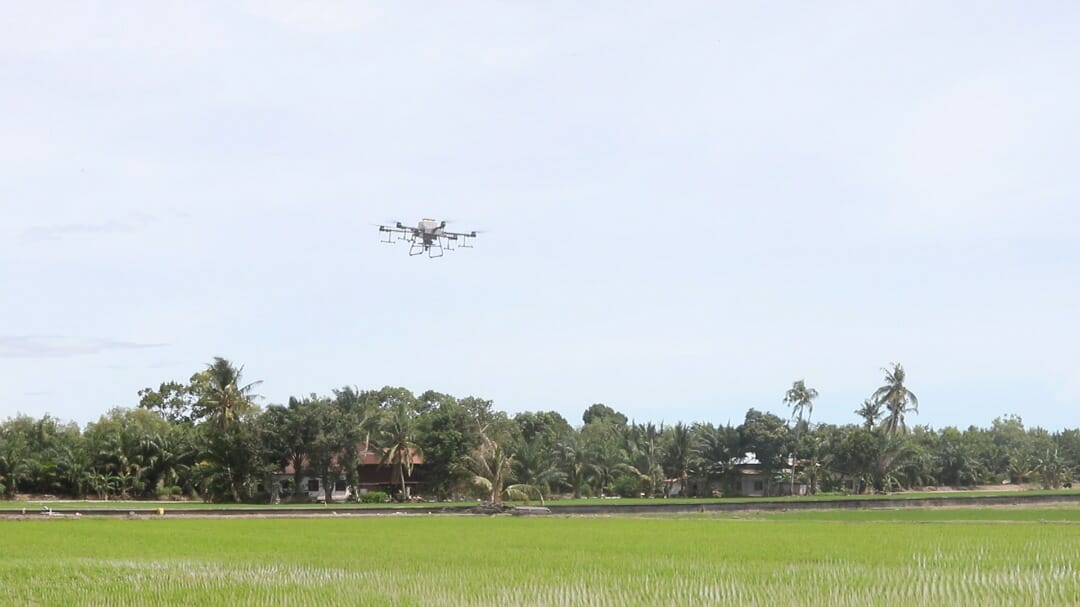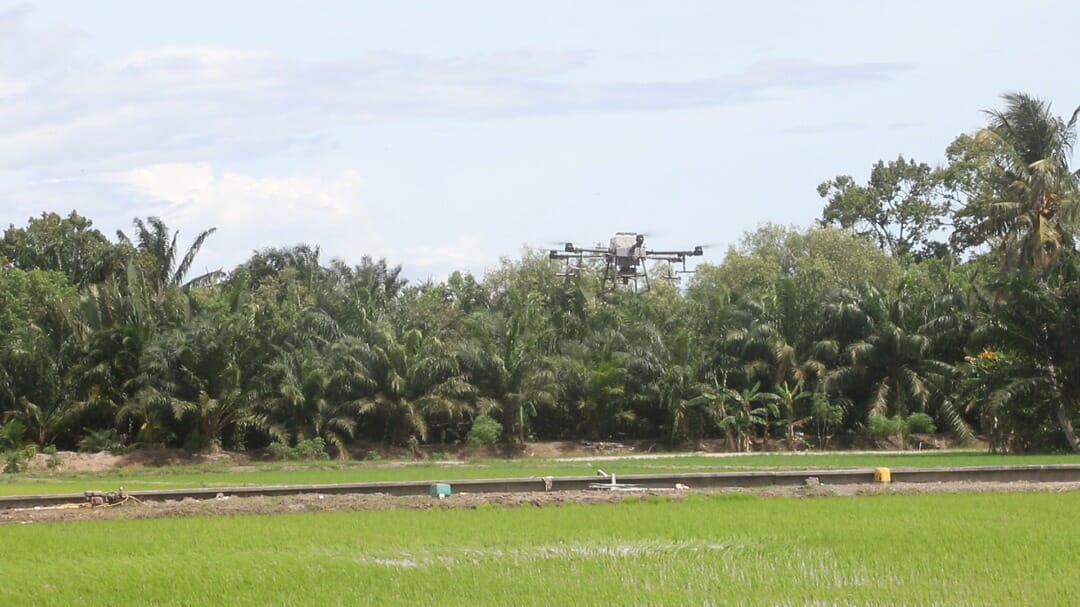Food security has never been a novel issue that arose during the pandemic. Matter of fact, the question has been posed by governments for years as population growth continues to increase. A 2017 UN projection shows a continued increase in population in the future, with the global population expected to reach 9.8 billion in 2050 and 11.2 billion by 2100.
Closer to home, the conversations surrounding food security in Malaysia has been highlighted more frequently due to the impact from the pandemic. The Cabinet Committee on Food Security Policy (FSCC) which was established early 2020, had been tasked with identifying issues that are pertinent to food security and develop policy, strategies, and action plans to strengthen the national food security and food supply chain.
Evidently, the Ministry of Agriculture and Food Industries identified production of food as one of the main challenges and the Committee is committed to increasing the ability and capacity to produce food locally.
Local players such as Nutribah are already rolling out innovative IoT solutions into farming to aid farmers tackle climate change issues and growing plant-based food demands that affect food productivity.
For instance, Nutribah discovered that before the use of IoT, it takes approximately 45 to 50 days to harvest kale. Upon implementing IoT, however, harvesting of this cruciferous vegetable can be done in just 40 days.
Data-driven agriculture has also been highlighted as the way to move forward. In tackling issues such as shrinking arable land, heavy use of fertilisers and pesticides that affects food security, startup, SM4RT TANI saw the opportunity in smart farming that offers services such as soil monitoring, weather monitoring, water monitoring and Urus Tani, a Digital Farm Management System (DFMS).
By leveraging on IoT technology, farmers can collect data from the soil, water, and air autonomously with minimal human intervention.
Emphasis On Food Security
In the recently tabled, 12th Malaysia Plan (2021-2025), the agri-food sector is expected to grow at a rate of 4.5 percent a year and is set to place the sector among the main contributors to the country’s Gross Domestic Product (GDP).
The 12MP has also placed emphasis on food security by committing to increase the capacity of the agri-food sector as a sustainable, resilient, and high-tech sector that can drive economic growth and improve Malaysian’s well-being.
The initiatives to make the sector a success will also include high-tech agricultural methods including big data analysis, artificial intelligence, internet of things (IoT) as well as precision equipment such as drones, robotics, and sensors at the Permanent Food Production Parks (TKPM).
MAFI Minister, Datuk Seri Dr Ronald Kiandee further highlights that vertical and indoor smart farming methods will also be expanded by leveraging existing land and derelict buildings.
In the fishery segment, cooperatives and associations would be encouraged to venture into deep-sea and offshore fishing activities via the usage of modern vessels and innovative equipment to increase yields and competitiveness.
The livestock sector on the other hand would be given focus with the aim of increasing local meat production and food security through sustainable and modern practices.
The Ministry has also shared that a new financing mechanisms and incentive structures would be introduced to accelerate the development of high-potential industries, especially to adopt the Fourth Industrial (4IR) Policy technology.
“A dedicated smart agriculture fund would be created to accelerate the adoption of modern technology in the agricultural and would provide opportunities for farmers especially young agropreneurs to modernize agricultural activities along the value chain,” Ronald says.
Efforts are also underway to encourage farmers, cooperatives, associations as well as middle and downstream industries to utilise e-commerce platforms to enhance the marketing of agricultural produce to reduce over-reliance on middlemen.












